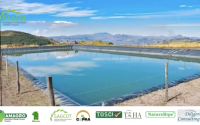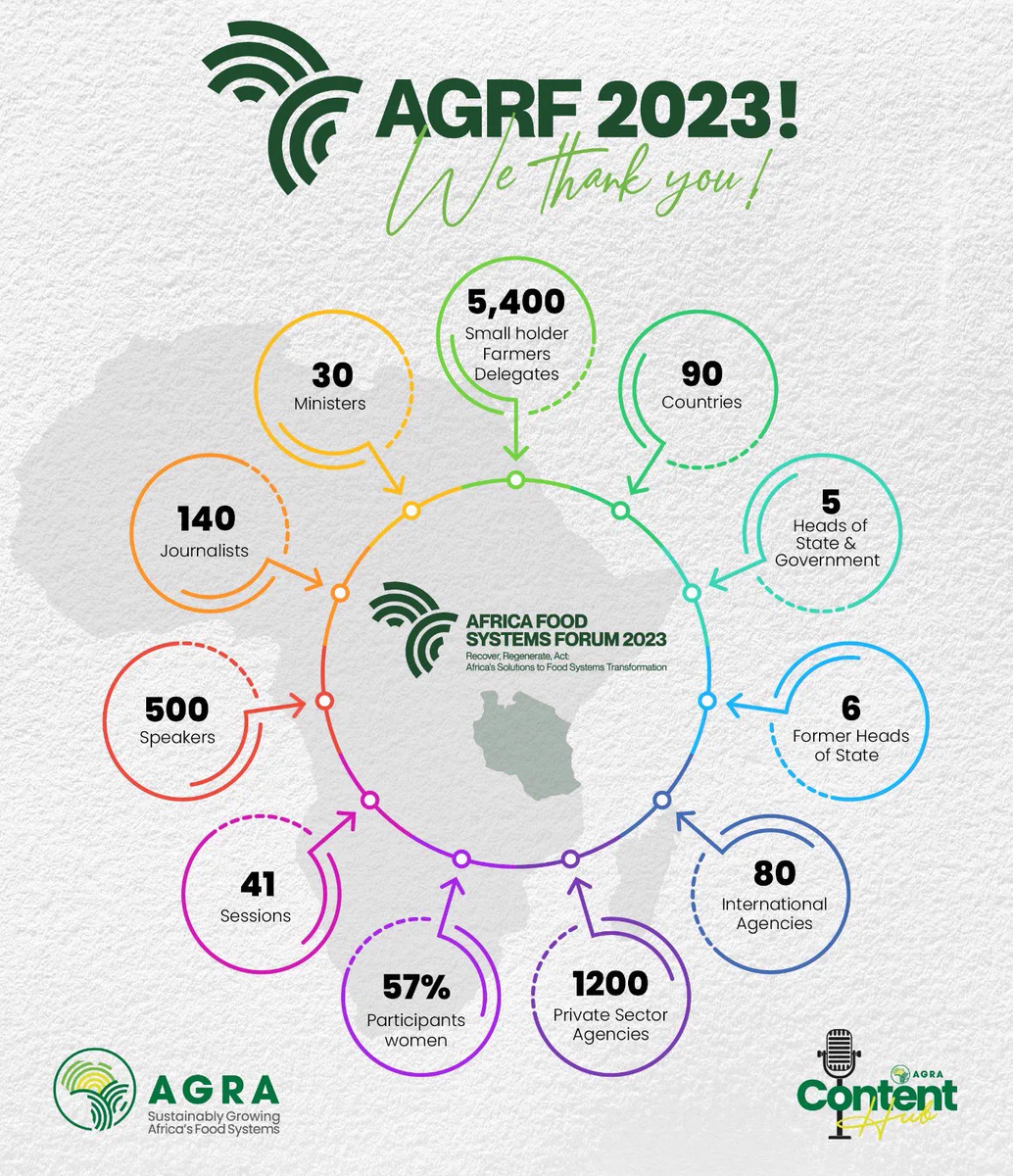Creating “Commercial” opportunities for women farmers in Tanzania
By Anthony Muchoki
Supporting women farmers to move from subsistence to commercial farming is the key to achieving gender equality, posits small scale farmer, Mrs. Edina Josephat, a resident of Kasindaga village in Muleba District Kagera Region.
A wife and a mother of six, she has seen gender discrimination shutter women’s social and economic prospects. In some cases a woman will do all the farming, only for the husband to sell the produce without even leaving some food for the family, she narrates. Such scenarios are very common.
Luckily, at a personal level, her husband is a proponent of gender equality. They own a one-acre farm and also rents out another acre.
Since she got married back about 2 decades ago, small scale farming has been a way of life. Having no other job, with her husband, they have been giving their piece of land all the attention it deserves over the years, but low productivity has always been a huge challenge.
Thanks to AGRA’s Kilimo Tija project, things have started to change after she was convinced to start using new beans and maize varieties. Along the way, she was also educated without paying a single coin, about commercial farming. She is very enthusiastic about it and is very hopeful, it will bring her family prosperity.
“This is just the beginning hardly one year since I started adopting new agricultural technology, yet the prospects are great. If only I had known about good agronomic practices some years ago, I would be very far away in my agriculture ventures,” she notes.
Mrs. Edina assertions are supported by Dr. Magdalena William, famously known as “mama beans” in Kagera Region. She says there is a great need to ensure that gender equality is able to empower women and girls, specifically in the agriculture sector.
By empowering women with “beans” which she is an expert breeder, it has not only been an income generating venture but a provision of cheap proteins, vital for reducing stunted growth among children.
After all women in Tanzania make 70 -75 percent of the agriculture labor force. This means if they are empowered along the entire value chain, the end outcome would be improved household incomes and greater economic empowerment at the village, district, regional and national levels.
Past research has indicated that women have been from some of the value chain activities like marketing, processing, and trade.
Mr. Vianey Rweyendela, AGRA Country Manager notes that Kilimo Tija program is very keen in ensuring that women farmers are empowered across different regions.
“In training on soils, agronomical practices, crop varieties, markets -and all issues along the value chain, we fight to strike a gender balance,” he notes, adding that increased yields and incomes go a long way in empowering women.
Mr. Vianey says that implementers of Kilimo Tija were ensuring women are involved in marketing, processing, and trade- that is, in the upstream of the value chain, as much as downstream was also vital.
For example, in Suka consortium (Sumbawanga and Katavi) of 83,655 smallholder farmers trained since last year on good agronomic practices during the implementation of the project, 38% are women.
For the Kigoma consortium, with 170,000 smallholder farmers beneficiaries, about 42% are female.
Ms. Rita Sekilovele has faith in women farmers. She buys most of the maize she processes from them. Show women the money, and they will do the work for it, she notes.
Kilimo Tija has played a key role in the expansion of her business in providing vital linkages. One of her companies, Super Seki Investment, buys maize from farmers in Iringa region. She has put up a 1,500MT capacity warehouse.
The business lady has been very active in attending meetings and trade missions organized by Ihemi Consortium, which is implementing Kilimo Tija programme in her region.
Tanzania’s gender development index (GDI) value is 0.937 as per UNDP, 2016: 6, while the gender inequality index (GII)7 value is 0.544, ranking the nation 129 out of 159 countries.
Mr. Iffat Idris of University of Birmingham published last year, “Mapping women’s economic exclusion in Tanzania” notes that females form a “larger share of the working age population, but a smaller share of the economically active population”
Despite agriculture a greater proportion of women than men (69.9% vs. 64.0%) working in agriculture, “there are significant gender gaps in own farming with far fewer women landholders, having smaller plot sizes, employing fewer people and farming more for subsistence rather than income generation as compared to male landholders.”
While programmes like Kilimo Tija, are making significant changes in the regions they are being implemented, long term concerted efforts must be made to sustain the momentum of transforming women farmers into major players, notes Ms. Maida Waziri, Voice of Women Entrepreneurs in Tanzania (VoWET).
End


